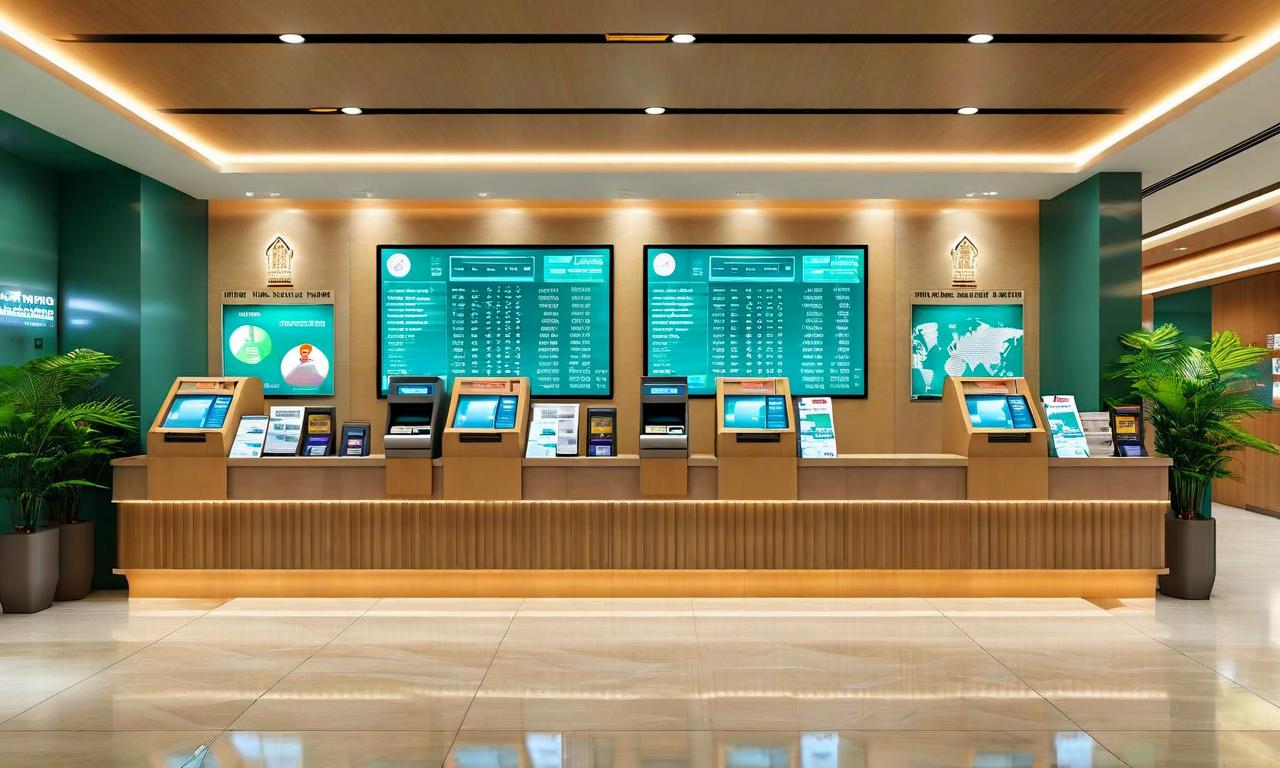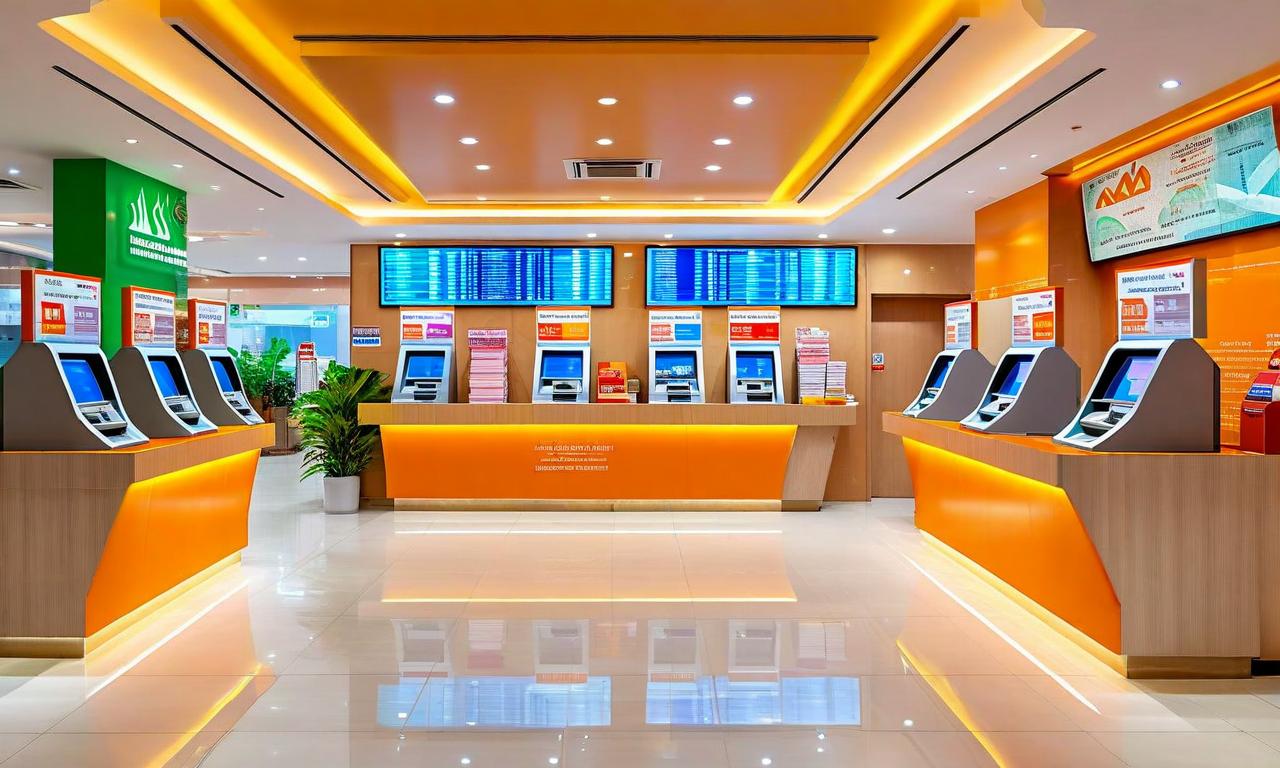Trump's $100,000 H-1B Visa Fee Proposal Could Reshape Indian IT Sector
A proposal to increase H-1B visa sponsorship fees to $100,000 annually has been put forward, up from the current $1,700 to $4,500 range. This could significantly affect Indian IT companies, major beneficiaries of the H-1B program. The hike could reduce earnings by 2-4% and eliminate 30-50% of cost arbitrage benefits for these firms. Indian professionals, who received 71% of H-1B approvals last year, would be particularly impacted. The industry may respond with increased offshoring, near-shoring, and accelerated localization efforts. If implemented, this could transform the H-1B program and alter operational strategies of Indian IT services companies.

*this image is generated using AI for illustrative purposes only.
Former U.S. President Donald Trump has proposed a substantial increase in H-1B visa sponsorship fees, potentially causing significant ripples across the Indian IT services sector. The proposal suggests raising the fee to $100,000 annually, a dramatic jump from the current range of $1,700 to $4,500.
Impact on Indian IT Companies
The proposed fee hike could have far-reaching consequences for Indian IT services companies, which are among the largest beneficiaries of the H-1B visa program. Tier-1 IT companies, which typically receive between 1,500 to 5,000 approved H-1B visas annually, could face additional costs ranging from $150 million to $500 million.
Financial Implications
The increased visa fees are expected to have a notable impact on the earnings of major IT firms:
- Potential reduction in earnings by 2-4%
- Elimination of 30-50% of cost arbitrage benefits
H-1B Visa Program and Indian Professionals
The proposed changes are particularly significant for Indian IT professionals, as Indian citizens received 71% of H-1B visa approvals last year. While current H-1B holders in the U.S. would not face immediate impact, those outside the country would be unable to re-enter unless their employers pay the new fee.
Industry Response and Adaptations
The substantial increase in visa costs is expected to discourage both visa renewals and new applications. This could lead to several strategic shifts in the IT industry:
- Increased offshoring
- Greater focus on near-shoring
- Accelerated localization efforts
It's worth noting that Indian IT services companies have already made significant progress in localization, with 65-70% of their onsite employees being local hires, reducing their dependence on H-1B visas.
Long-term Implications
If implemented, the proposed fee hike could effectively transform the H-1B program. The unsustainable costs may lead to:
- A shift towards more offshore work assignments
- Increased utilization of Global Capability Centers in India
- Potential restructuring of U.S.-based project staffing and management
Conclusion
While the proposal is still under consideration, its potential implementation could mark a significant shift in the operational strategies of Indian IT services companies. The industry will likely need to adapt quickly, balancing cost considerations with talent acquisition and project delivery models in the face of these changing visa regulations.
Stakeholders in the Indian IT sector will be closely monitoring any updates or changes to the proposed visa fee structure and its potential impact on their business models and workforce strategies.
























